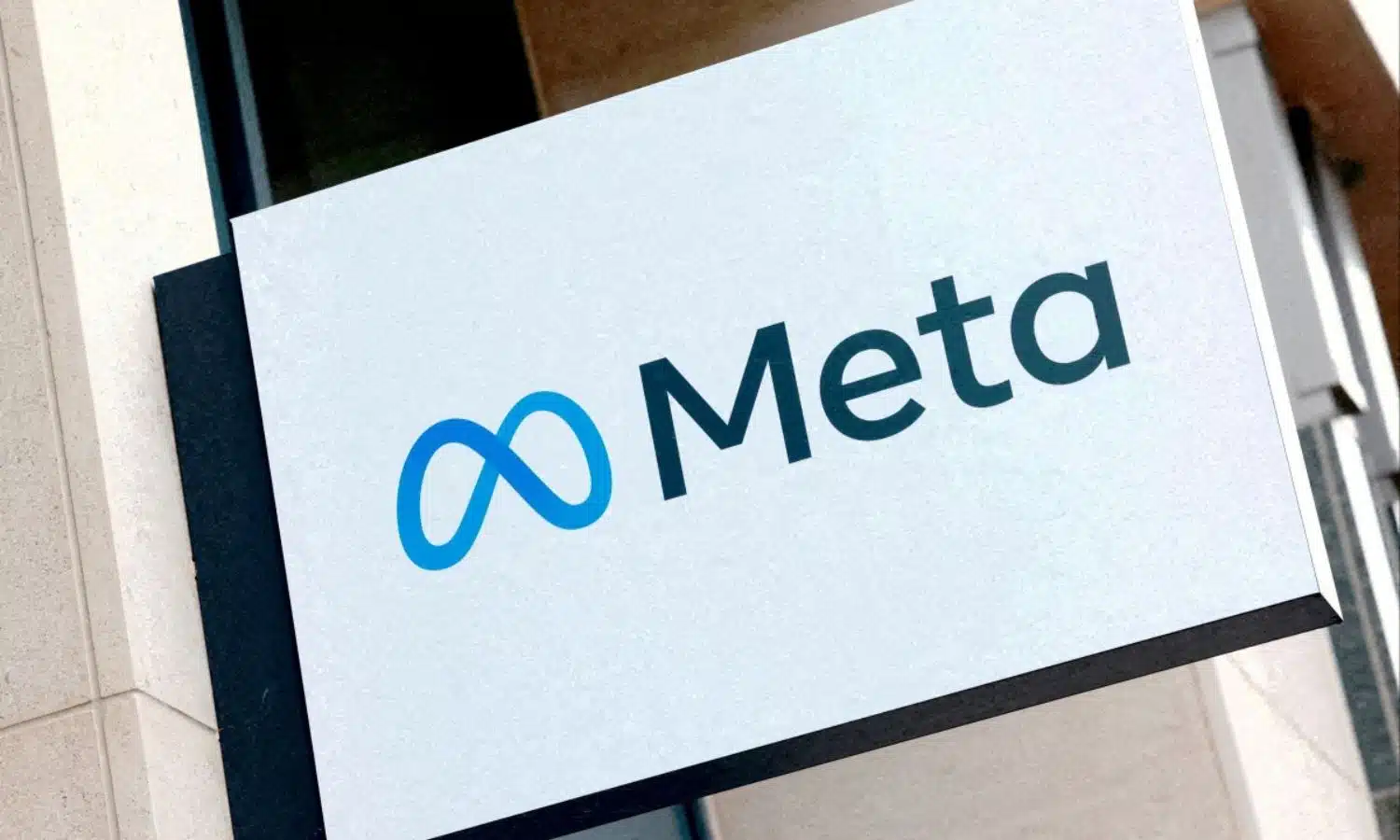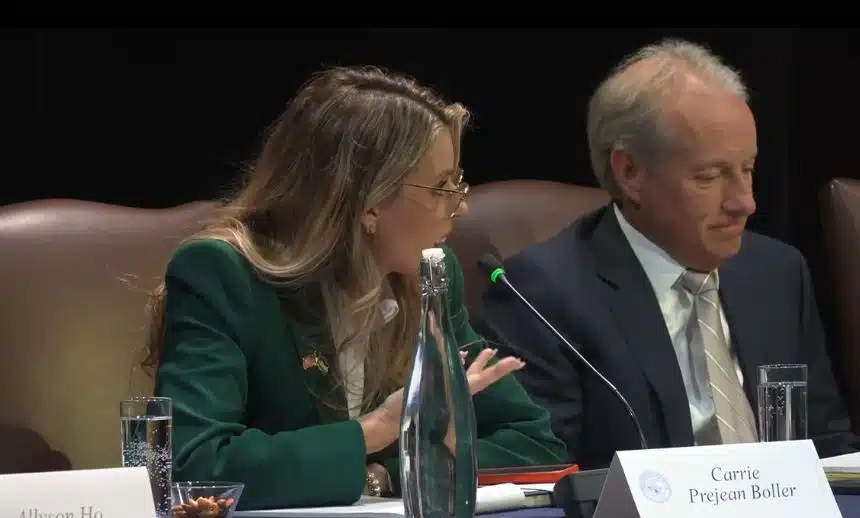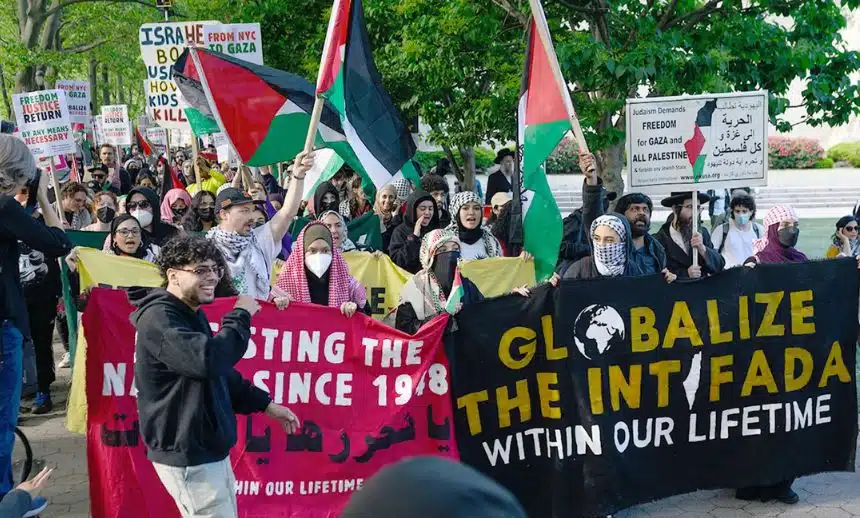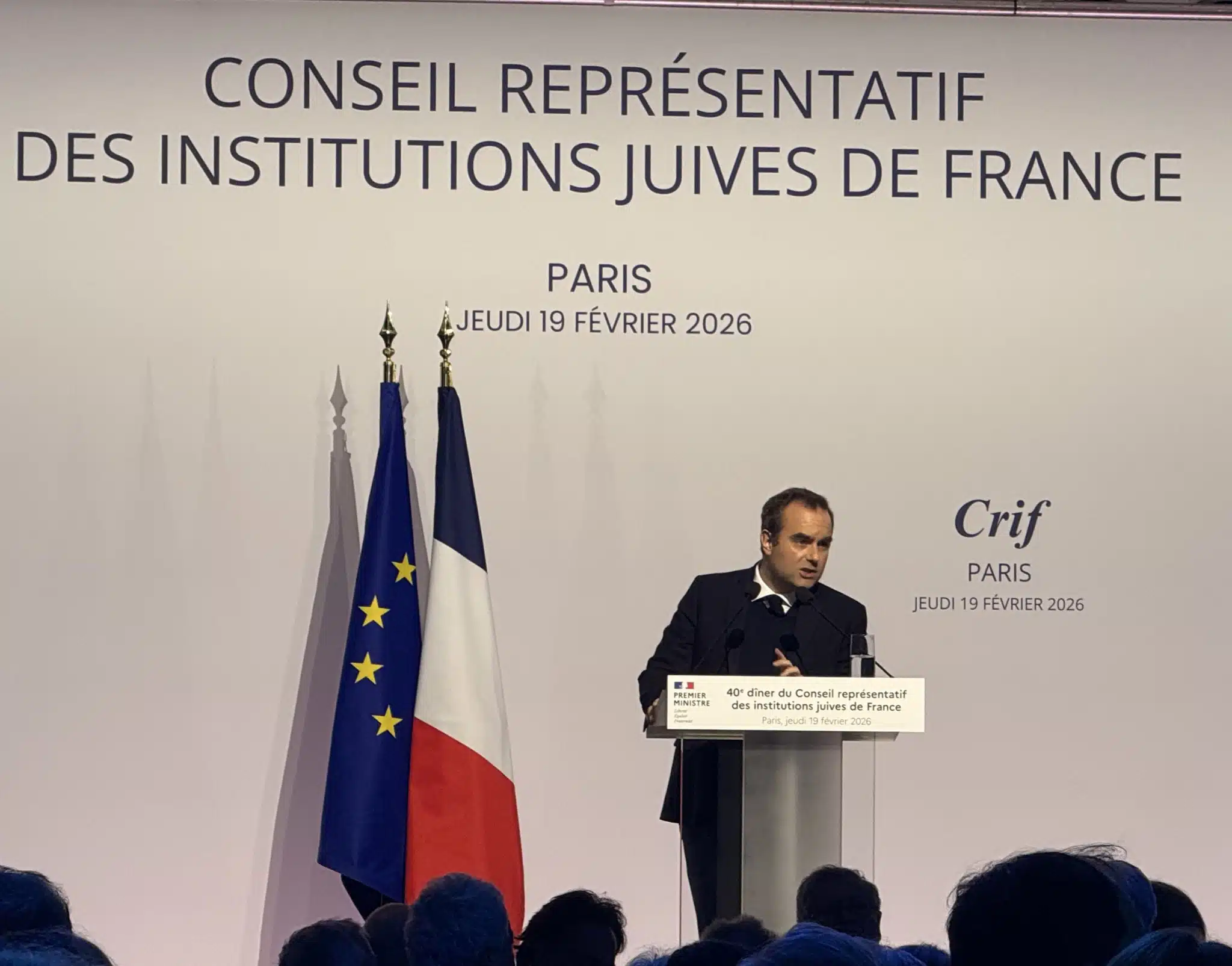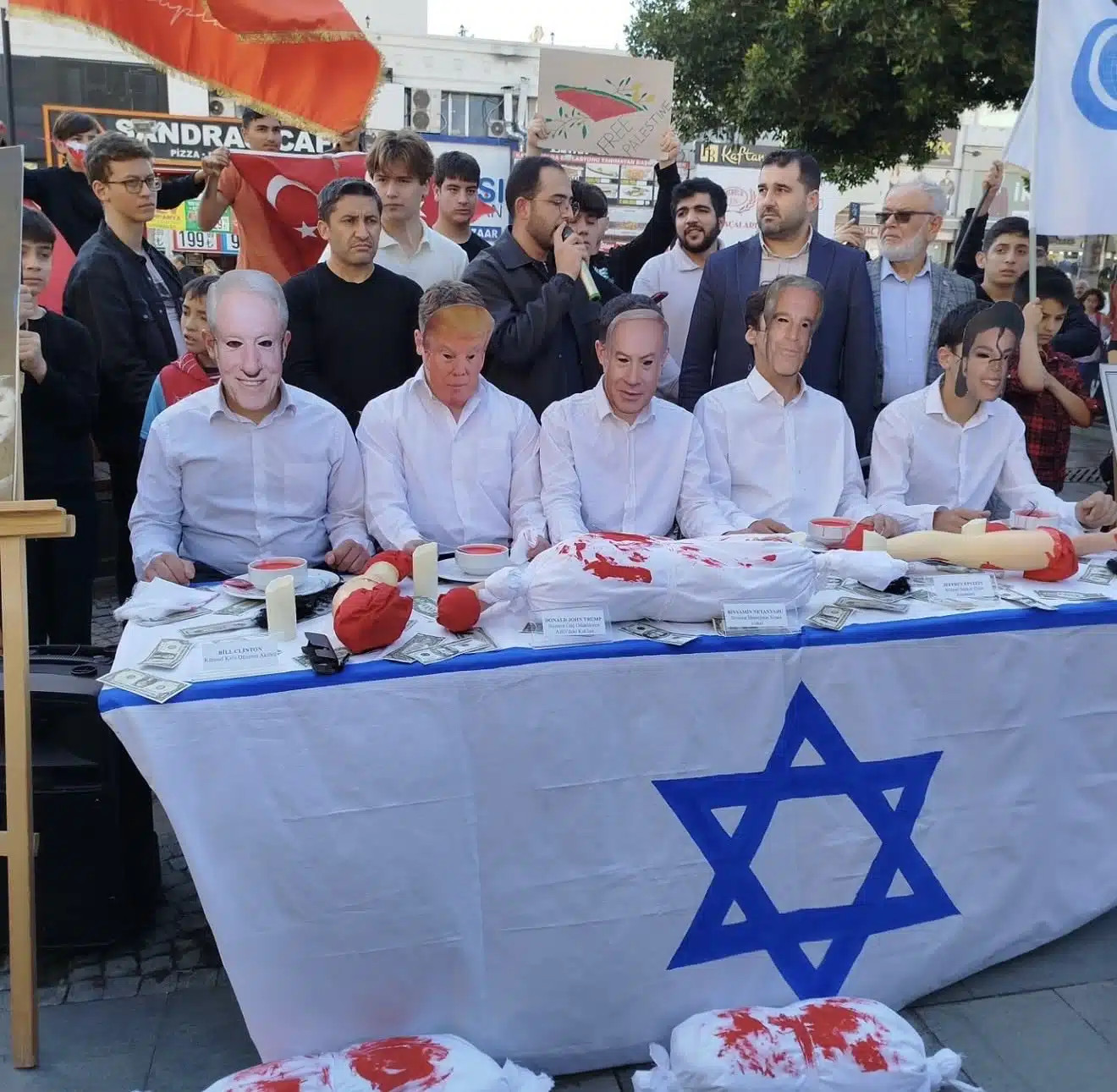|
Getting your Trinity Audio player ready...
|
Meta’s policies explicitly prohibit content that glorifies or supports individuals or groups engaged in terrorist activities. Amid Meta’s ongoing policy debate over how to handle the term “martyr” (“shaheed” in Arabic), the Combat Antisemitism Movement (CAM) and Cyabra social media analytics firm conducted a study analyzing online usage of “martyr” and similar terminology within Facebook and Instagram conversations.
The primary objective was to identify the contexts in which these terms were employed and to track their impact on social media conversations and real-life activities. Given the Meta Oversight Board’s recent decision to not regulate the terms “martyr” and “shaheed,“ this study aims to equip Meta decision-makers with data about how the term connects to incitement, hatred, and support for terrorism in violation of Meta policies.
The full report — titled “How the Term ‘Martyr’ Fuels Terror-Linked Content on Meta” — can be read HERE.
“The report’s findings prove that by permitting the use of the word ‘martyr,’ social media networks legitimize terror and bloodshed, the glorification of murder, and the incitement of violence and antisemitism, which is already at record levels worldwide,” said CAM CEO Sacha Roytman. “This term is used to honor those who have killed, maimed, and brutalized people across the globe, there is no other interpretation. Social media platforms, which have become recruiting nexuses for terrorist organizations in recent years, should act to prevent terror, not encourage it. I call on Meta – this can still be fixed. Ban the use of the word ‘martyr’ before even more damage is done.”
The report’s main findings follow —
Glorifying Terrorism: 32% of Meta posts using the term “martyrs” to positively describe individuals involved in terrorist attacks include glorifying language.
Policy Violation: Presenting recognized terrorists as heroes is a violation of Facebook and Instagram policies banning support of terrorism. Further, content presenting “martyrs” as role models has been observed in some instances to inspire subsequent terrorist attacks.
Widespread Reach: Terms associated with “martyr” have a significant reach on Meta, with a total of 20,006 profiles disseminating 28,161 posts and comments — resulted in a total of 37,885,563 engagements and the potential to reach an audience of 1,164,206,316 views. An estimated 372.5 million Meta users thus could have been exposed to content praising terrorism.
“The legitimization of content about ‘martyrs’ contributes to inspiring terror attacks, as young individuals see these terrorists depicted as national heroes and are motivated to emulate them to achieve similar recognition,” the report said. “This underscores the urgent need for Meta to enforce its policies more stringently to prevent the dissemination of content that can radicalize users and perpetuate violence.”
The report concluded, “Given the public safety risks, Meta must consider banning these terms to prevent the dissemination of harmful content and preventing violence. By taking such measures, Meta can reinforce its commitment to removing content that supports or praises terrorism, ensuring a safer online environment. Given the gravity of the challenge, Meta should implement stricter controls to prevent the spread of content that glorifies terrorism and better align its platform with its policies — helping to prevent radicalization and violence.”

